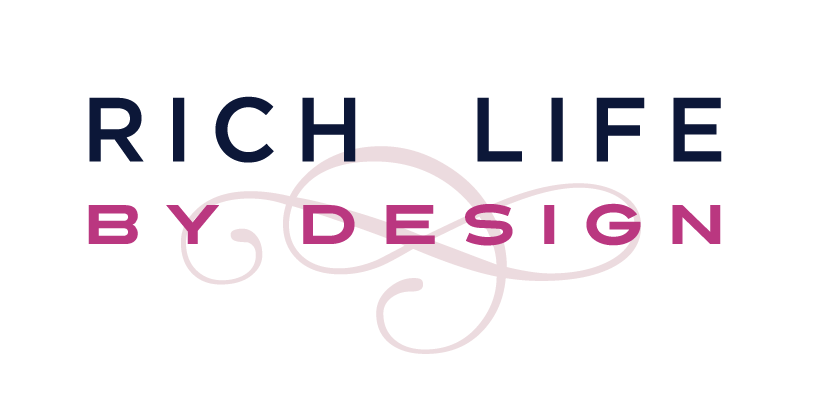So, you’ve had that nagging feeling for quite a while. You just know you want to write a book for your business.
You’re fully on board with the fact that a book is fabulous way to spread the message about your work, and even the very thought of becoming an author makes you feel proud and fulfilled.
But you’re in two minds.
On the one hand, you like the idea of being published by a big-name traditional publishing house and of being able to brag that you have a publishing deal.
On the other, you feel constrained by the thought of someone taking your idea and telling you what to do with your book.
Having been on both sides of the publishing fence (working in-house for traditional publishers, in marketing and editing – and being a traditionally published author and a self-published author), I think I can give you some advice.
Here are a few important points to consider…
Likelihood of being published
When you self-publish, your book has a 100% chance of being published – yes, this is perhaps obvious…
However, when you approach a traditional publisher, your chances of being published are much, much lower, unless you are already a very well-known expert in your field (in which case, they may well approach you).
So, if you really want to publish a book, self-publishing is the only way to assure that it will actually happen.
Control
When you self-publish, you have full control over all aspects of your book – you get to decide on the direction of the content, you get to choose the cover design, you get to choose the quality of paper it’s printed on. It’s all yours, baby.
With a traditional publisher, you have limited say over certain aspects of your book’s production. For example, cover designs will be run past several gatekeepers and, while your opinion is taken into account, you certainly don’t get the final say. I wasn’t keen on the suggested title or cover design of one of my traditionally published books, but those decisions were out of my hands (happily, the title and cover grew on me, over time).
There are actually benefits to having a traditional publisher produce your book, because they know what makes for a good book, and what will sell. They’ve generally been in the publishing business for years.
However, if you really want full control over your book, you’re much better off self-publishing – with the guidance and advice of a professional who can help make your book be of the same high quality as that of a traditional publisher. Please don’t try to go it alone. It’s a huge project, and specialised skills are needed. You don’t want to be producing a book that looks cheap and nasty (or “self-published”), and that actually repels new clients.
Oh, and one more really important thing – ideally, you want your book to reflect your business’ brand. The only way to guarantee this is to have full control over the book’s tone and design.
Marketing
With self-publishing, you will be doing all of the marketing. (Although you can invest in external marketing and PR services.)
With a traditional publisher, you are still likely to be doing most of the marketing. Unless you are a huge name, the publisher won’t engage in a big marketing effort for your book. As an average, first-time author, you’ll appear in its catalogue and on its website, and reps may mention your book to buyers at bricks-and-mortar bookstores, but that’s about it.
So, if you’re the one doing most of the marketing legwork, you may as well be the one who makes the larger share of net revenue, don’t you think? Another win for self-publishing…
Revenue
When you self-publish, you keep all revenue from sales (excluding the costs of production and distribution). Woohoo!
If your book is published through a traditional publisher, the latter takes the lion’s share of the income, with you receiving a small royalty (maybe 5% of the book’s retail price). This is fair enough, actually, because the company has taken on the costs of producing the book.
While revenue from book sales shouldn’t be a high concern – because the book is meant to be a business-generating tool – it’s certainly nice to have most of the income from sales land in your pocket. (And if your marketing efforts pay off, you’ll be selling a squillion books… and wouldn’t you rather be the one receiving the net revenue from those sales?)
Costs of production
With self-publishing, you’ll be investing entirely in the costs of production (however, there are ways to help offset some of these costs – for example, taking on sponsors or advertisers, or crowdfunding).
For the creation of a high-quality book, these costs include:
• Project management
• Editing and proofing
• Cover design
• Internal-page design and layout (although these costs are lower when you publish an ebook as opposed to a printed book)
• Printing (if using traditional printers, and purchasing in bulk)
There could also be extra investments for receiving book-planning and marketing-planning help, and for coaching through the writing process. These services help give your book that extra “polish”.
With a traditional publisher, the main production costs are covered for you (although it’s unlikely that they’ll provide coaching).
While it may seem appealing to have someone else entirely cover the investment for producing your book, you are handing over a lot of control, and you only receive a tiny amount of net revenue – oh, and there’s the small issue of actually being able to get your book published in that way anyway!
Distribution
When you self-publish through a print-on-demand company, your book will be available for purchase from most bookstores around the world.
However, while your books are automatically listed in online bookstores, it can be much harder to get your book into bricks-and-mortar bookstores. It’s more likely that those stores will only buy from you directly, and even then it will be “on consignment” (ie, they don’t pay for the books until they’re sold).
With a traditional publisher, bricks-and-mortar bookstores are much more open to ordering your book, because they’re dealing with a company they know.
However, being available in physical stores is overrated. More and more people are purchasing their books online, so as long as your book is available on those sites (which it will be, if you use a print-on-demand company), your marketing efforts can send people directly to those sellers.
The verdict
Look, I know it can seem glamorous and exciting to have your book published by a traditional book publisher.
And, actually… it is. But it’s pretty darn hard to achieve that, and you lose a lot of control and potential book-sales income by going down that path.
I recommend self-publishing (with professional assistance – either as a private client of mine, where I do and arrange almost everything for you, or as part of my Publish in Style group program, where you manage your project with my guidance). Once your book becomes a bestseller, you could approach a traditional publisher and be able to prove to them that your book has the capacity to earn them money.
However, if you’ve done all of the hard work to take your book to bestseller status, why would you hand over control and revenue to someone else? Yes, your book will be more easily available through physical bookstores, and it’s nice to say that a publisher thinks you’re “good enough” – but unless they’re a big-name publisher, that won’t carry a lot of weight with potential purchasers.
If you know you have a great message to share and a fabulous business to promote, you don’t need a publisher to give you the green light.
So, there you go – all of the important aspects to consider when choosing whether to self-publish or approach a traditional publisher.
What will you do? Which way will you go? Because you’re a business owner, I know that you like being in control of your destiny – so I think I know which path you’ll take…


